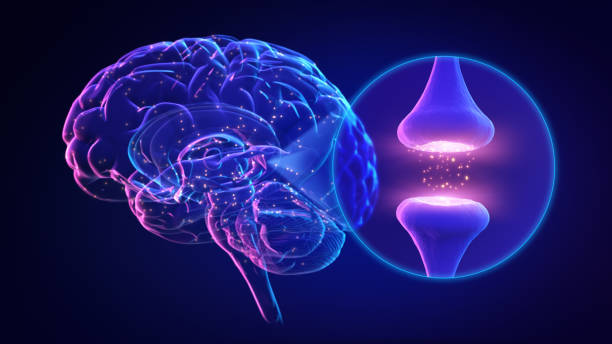Rewiring Your Brain: The Science of Neuroplasticity and Its Impact on Health
Our brains, long believed to be hardwired and unchanging beyond our developmental years, are proving to be much more flexible and adaptable than we once thought. This concept, known as neuroplasticity, has stirred the scientific community and is transforming the way we approach health and wellness.

Neuroplasticity refers to the brain’s ability to reorganize itself by forming new neural connections throughout life. This adaptability underpins our capacity to learn, remember, recover from brain damage, and adapt to new experiences.
A Game-Changer in Neuroscience
Until the late 20th century, scientists widely believed that the brain’s structure was fixed by adolescence. The prevailing thought was that brain cells, once damaged or lost, could not be replaced. But groundbreaking research in the 1960s and 1970s began challenging this notion.
Scientists discovered that the brain is far from static—it’s a dynamic, ever-changing organ with the remarkable ability to rewire itself in response to our environment, behavior, thoughts, and emotions. This discovery was a game-changer, reshaping our understanding of the brain and opening new doors in neuroscience and health.
Neuroplasticity: A Double-Edged Sword
While neuroplasticity can lead to positive changes, it can also have negative effects. For example, chronic stress or exposure to traumatic events can alter brain circuitry in harmful ways, contributing to mental health conditions like depression and anxiety.
These findings underscore the importance of maintaining a healthy lifestyle, including regular physical activity, a balanced diet, adequate sleep, and effective stress management techniques. All of these factors can influence our brain’s plasticity and contribute to optimal brain health.
Harnessing the Power of Neuroplasticity
Understanding the principles of neuroplasticity has led to revolutionary treatments in neurorehabilitation. Techniques that stimulate the brain’s plasticity, such as physical therapy and cognitive training, are proving effective in helping individuals recover from stroke, traumatic brain injuries, and neurodegenerative diseases.
Moreover, neuroplasticity suggests that our habits and behaviors can significantly shape our brain health. This revelation empowers us to take proactive steps towards maintaining and enhancing our cognitive abilities throughout life.
Quick Bites: Unleashing Your Brain’s Potential
- Regular physical activity boosts neuroplasticity, enhancing cognitive function and memory.
- Mindfulness meditation can change the brain’s structure and function, improving attention and reducing stress.
- Lifelong learning and mental stimulation can stave off cognitive decline and boost brain resilience.
- Positive social interactions and strong social bonds can enhance our brain’s plasticity and contribute to overall brain health.
In conclusion, neuroplasticity is a transformative concept in neuroscience, reshaping our understanding of the brain and health. By leveraging our brain’s plasticity, we can take control of our brain health, fostering resilience and cognitive vitality throughout life. The science of neuroplasticity underscores the profound ways our lifestyle choices can shape our brains and our health, empowering us to live healthier, more fulfilling lives.






